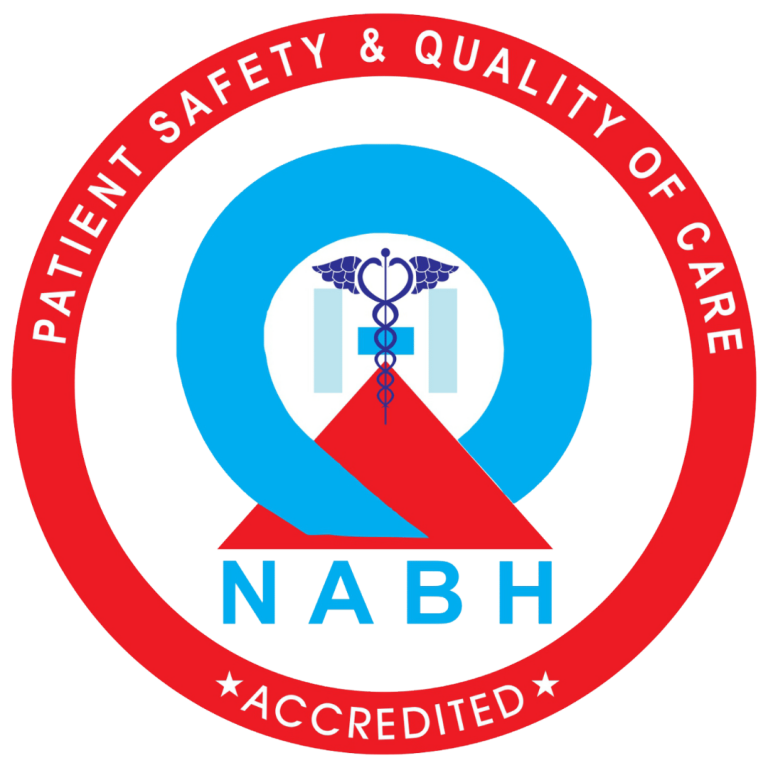Why Food Poisoning Is More Common in Monsoon and What You Can Do About It
The arrival of the monsoon season brings relief from scorching summer heat, but it also brings a surge in waterborne and food-related illnesses. One of the most common monsoon diseases affecting people of all ages is food poisoning. In this blog, we’ll discuss what food poisoning is, why it’s more frequent during the rainy season, the symptoms you should watch for, and the steps you can take to prevent it
What Is Food Poisoning?
Food poisoning is a type of gastrointestinal illness caused by consuming food or drinks contaminated with bacteria, viruses, parasites, or toxins. It can result in symptoms like stomach pain, vomiting, diarrhea, and weakness.
In medical terms, food poisoning is a foodborne illness and is one of the leading causes of acute stomach infections worldwide. During monsoon, the risk increases dramatically due to unhygienic food handling, contamination from water, and higher bacterial activity caused by humidity.
Why Food Poisoning Is Common in Monsoon
Here are the main reasons why food poisoning cases increase during the rainy season:
1. High Humidity Favors Bacterial Growth
Monsoon humidity provides an ideal environment for bacteria like Salmonella, E. coli, and Listeria to multiply rapidly. These bacteria thrive on improperly stored or cooked food, making infections more likely.
2. Contaminated Water Supply
During monsoon, water sources often get contaminated with sewage or floodwater, which increases the chances of harmful microbes entering drinking water or food preparation areas.
3. Street Food and Outdoor Eating
People are often tempted by roadside snacks during monsoon, but these foods may be prepared in unsanitary conditions. Vendors may not use clean water or utensils, increasing the risk of foodborne diseases.
4. Poor Food Storage
Due to frequent power cuts and humidity, food spoils faster in monsoon. Improper refrigeration can lead to food becoming a breeding ground for toxins and microbes.
5. Cross-Contamination
Monsoon kitchens may experience dampness and insects. If raw food is stored or handled incorrectly, it can transfer bacteria to cooked food, causing cross-contamination.
Common Symptoms of Food Poisoning
If you’ve consumed contaminated food or water, symptoms may begin within a few hours or after a couple of days. Some common signs of food poisoning include:
- Nausea and vomiting
- Stomach cramps
- Diarrhea (sometimes with blood or mucus)
- Fever
- Weakness or fatigue
- Dehydration (dry mouth, reduced urination, dizziness)
When to Seek Medical Help
While most food poisoning cases resolve with home care, seek immediate medical attention if:
- Diarrhea lasts more than 2–3 days
- There is high fever (above 101°F / 38.5°C)
- Blood is present in stool or vomit
- You notice signs of dehydration like dry lips, sunken eyes, or dizziness
- There is constant vomiting preventing intake of fluids
Prevention: How to Avoid Food Poisoning in Monsoon
Here are some simple yet effective ways to stay safe:
1. Drink Only Filtered or Boiled Water
Avoid drinking water from outside or unknown sources. Always carry your own water bottle.
2. Avoid Street Food and Cut Fruits
Street vendors may not maintain proper hygiene. Avoid items like pani puri, chutneys, and raw salads from roadside stalls.
3. Wash Hands Frequently
Use soap or a sanitizer before eating or handling food, especially after coming from outside.
4. Store Food Properly
Use airtight containers and ensure your refrigerator is at the right temperature. Don’t consume food that smells or looks suspicious.
5. Cook Food Thoroughly
Make sure meat, fish, and eggs are well cooked. Reheat refrigerated food properly before eating.
6. Maintain Kitchen Hygiene
Disinfect kitchen surfaces, wash vegetables thoroughly, and ensure utensils are clean. Insects and rodents can easily spread bacteria in monsoon.
Special Precautions for Children and Elderly
Children and the elderly are more vulnerable to food poisoning. Here’s how you can protect them:
- Avoid outside food completely
- Serve freshly cooked meals
- Hydrate with ORS or homemade soups
- Keep their food utensils clean and separate
- Consult a pediatrician or physician at the first sign of illness
Home Remedies for Mild Food Poisoning
For mild cases, you can try:
However, if symptoms don’t improve in 24 hours, don’t delay visiting a healthcare provider.
- ORS solution to stay hydrated
- Ginger tea to ease nausea
- Bananas and boiled rice to calm the stomach
- Curd or buttermilk for good bacteria support
Conclusion: Stay Safe, Eat Smart in Monsoon
Food poisoning is common but completely preventable if you maintain basic hygiene and are cautious with what you eat and drink during the monsoon. Avoid risky foods, ensure proper storage and cooking, and stay hydrated. And remember — timely treatment can make all the difference.
If symptoms become serious, don’t hesitate to consult a doctor. Prevention and early care are the best defenses against monsoon diseases like food poisoning.
Book an Appointment



